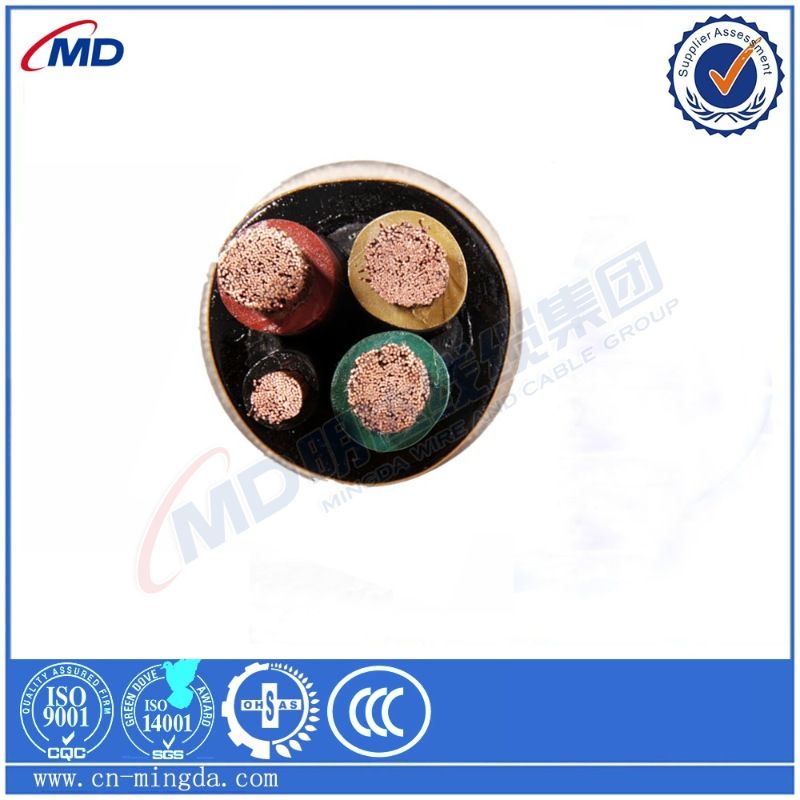Nov . 14, 2024 15:11 Back to list
air pressure control valve
Air Pressure Control Valves Essential Components for Efficient Systems
Air pressure control valves play a crucial role in various industrial and commercial applications, acting as essential components for regulating and maintaining desired pressure levels in pneumatic systems. These valves help ensure optimal performance, safety, and efficiency in air-powered equipment. Understanding how these valves function and their various applications can significantly enhance operational effectiveness across numerous industries.
At its core, an air pressure control valve controls the flow and pressure of compressed air in a system. By adjusting the valve position, it can either increase or decrease the pressure, depending on the operational requirements. This adjustment is vital for maintaining the balance between the supply of air and the demand from connected systems, ensuring that machinery operates within safe and efficient pressure ranges.
One of the primary functions of air pressure control valves is to maintain consistent pressure levels. Many industrial processes rely on specific pressure settings to function correctly, and fluctuations can lead to equipment malfunction or failure. For instance, in manufacturing settings where pneumatic tools are employed, sudden drops in air pressure can result in reduced tool performance or even damage. Air pressure control valves help mitigate these risks by providing a reliable means to stabilize pressure levels.
air pressure control valve

Moreover, these valves contribute to energy efficiency. In many cases, excess air pressure can lead to wasted energy or increased operational costs. By utilizing a control valve to regulate pressure, businesses can minimize energy consumption and achieve significant cost savings over time. Enhanced efficiency not only benefits the bottom line but also reduces the environmental impact of air compressor systems, aligning with modern sustainability practices.
Air pressure control valves are designed in various types, each suited for specific roles within a system. Common types include direct-acting, pilot-operated, and relief valves. Direct-acting valves operate with a simple mechanism, providing rapid response times ideal for low-flow applications. Pilot-operated valves, on the other hand, use a smaller pilot signal to control a larger flow and are typically preferred for high-flow applications due to their ability to manage larger pressure differentials effectively. Relief valves serve a critical safety function by releasing excess pressure to prevent damage to the system, showcasing the importance of proper valve selection based on application needs.
Installation and maintenance of air pressure control valves are also paramount for ensuring operational longevity and reliability. Regular inspections help identify wear and tear, allowing for timely replacements or repairs. Proper installation is equally important, as valves must be positioned correctly in the system to perform effectively. Incorrectly installed valves can lead to inefficiencies, increased wear on components, and potential safety hazards.
In conclusion, air pressure control valves are fundamental components that uphold the integrity and efficiency of pneumatic systems across a broad range of applications. By carefully regulating air pressure, these valves enhance operational safety, improve energy efficiency, and contribute to the longevity of equipment. As industries continue to evolve and integrate advanced technologies, the role of air pressure control valves becomes even more vital, underscoring the need for proper selection, installation, and maintenance to maximize their effectiveness. Understanding their functionalities and applications equips businesses to optimize their operational capabilities, thereby fostering a more efficient and sustainable future.
Share
-
Reliable Wafer Type Butterfly Valves for Every IndustryNewsJul.25,2025
-
Reliable Flow Control Begins with the Right Ball Check ValveNewsJul.25,2025
-
Precision Flow Control Starts with Quality ValvesNewsJul.25,2025
-
Industrial Flow Control ReliabilityNewsJul.25,2025
-
Engineered for Efficiency Gate Valves That Power Industrial PerformanceNewsJul.25,2025
-
Empowering Infrastructure Through Quality ManufacturingNewsJul.25,2025